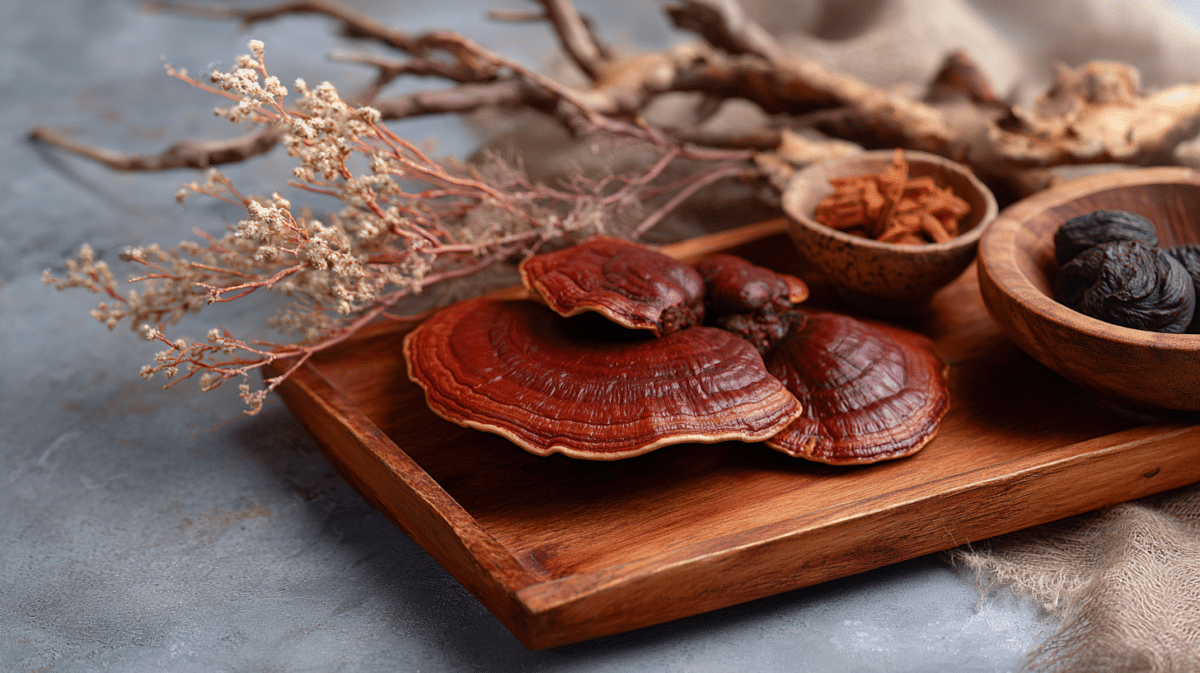Mushroom coffee has exploded in popularity, especially in wellness and biohacking circles. But is it really the health powerhouse that fans claim it is? From boosting mental clarity and burning fat to reducing inflammation and supporting liver health, the list of potential benefits is long. The problem is, many articles just repeat these claims without digging into the details.
In this guide, we explore the health benefits of mushroom coffee using scientific insights and expert knowledge. You’ll discover why adaptogenic mushrooms are becoming morning essentials and how to get the best out of them. Learn more about functional drinks like hibiscus in our guide to karkade hibiscus tea benefits.
Table of contents
- PART 1: Is Mushroom Coffee Actually Good for You?
- PART 2: How Long Does It Take to Feel the Benefits of Mushroom Coffee?
- PART 3: Does Mushroom Coffee Reduce Belly Fat?
- PART 4: What Are the Benefits of Rise Mushroom Coffee?
- PART 5: What Are the Disadvantages of Mushroom Coffee?
- PART 6: Is Mushroom Coffee Good for Your Liver?
- PART 7: Does Mushroom Coffee Break Ketosis?
- PART 8: Is Mushroom Coffee Anti-Inflammatory?
- PART 9: Can You Mix Mushroom Coffee with Regular Coffee?
- Frequently Asked Questions (FAQs)
- Conclusion
PART 1: Is Mushroom Coffee Actually Good for You?
Yes, mushroom coffee is considered good for most people — and here’s why.
It blends the stimulating effects of regular coffee with the health-enhancing properties of medicinal mushrooms like Lion’s Mane, Chaga, Cordyceps, and Reishi. These mushrooms are not psychedelic. Instead, they’re adaptogens, meaning they help your body handle stress and restore balance.
The health benefits come from compounds like beta-glucans, antioxidants, terpenoids, and polysaccharides that are naturally found in these fungi. Together, they can help boost immunity, improve cognitive function, regulate blood sugar, and reduce inflammation — making the beverage a potentially smarter alternative to regular coffee.
Moreover, mushroom coffee typically contains less caffeine, so you get smoother energy without the jitters or afternoon crash.
PART 2: How Long Does It Take to Feel the Benefits of Mushroom Coffee?

The timeline for benefits depends on which kind of effects you’re looking for.
If you’re drinking mushroom coffee for immediate energy or focus, you’ll often feel it within 20 to 30 minutes, similar to regular coffee — but with a noticeable difference: the absence of jitters or nervous energy.
However, for more long-term benefits like improved immunity, reduced inflammation, better digestion, or enhanced cognitive function, you’ll need to consume it regularly over time. Most people report noticeable changes within 2 to 4 weeks of daily use.
Why does it take time? Because adaptogens like those found in mushroom coffee build their effects gradually by supporting your body’s stress response and balancing internal systems.
Looking for inspiration? Try this breakfast pairing with Lion’s Mane coffee and our spinach and feta omelette for a brain-boosting morning.
PART 3: Does Mushroom Coffee Reduce Belly Fat?
Mushroom coffee isn’t a magic weight-loss potion, but it can support fat loss — particularly around the midsection — in a few indirect yet powerful ways.
First, many of the mushrooms used in these blends, especially Cordyceps, help increase your body’s ability to use oxygen and energy efficiently, which can enhance exercise performance and metabolism. This leads to greater fat oxidation, meaning your body burns more stored fat, especially during physical activity.
Second, chronic stress and elevated cortisol levels are well-known contributors to stubborn belly fat. Adaptogenic mushrooms like Reishi help regulate cortisol levels, reducing the hormonal triggers that encourage fat storage in the abdominal region.
Third, replacing traditional sugary or calorie-heavy morning drinks with low-calorie mushroom coffee can also contribute to a daily caloric deficit, which is essential for fat loss.
While you shouldn’t expect miracle results, drinking mushroom coffee daily as part of a balanced lifestyle can support belly fat reduction over time.
PART 4: What Are the Benefits of Rise Mushroom Coffee?
“Rise” mushroom coffee is a specific brand that blends organic Arabica coffee with functional mushrooms like Lion’s Mane, Cordyceps, and Reishi. The benefits of Rise mushroom coffee are similar to other well-made mushroom coffee blends, but users often highlight:
- Enhanced focus and clarity from Lion’s Mane
- Increased energy without the crash, thanks to Cordyceps
- Stress reduction and improved sleep quality from Reishi
- Smooth taste and easy digestion, especially for people sensitive to acidity in regular coffee
Rise also uses dual extraction methods to get both water- and fat-soluble compounds from the mushrooms, which may enhance bioavailability — meaning your body absorbs more of the good stuff.
PART 5: What Are the Disadvantages of Mushroom Coffee?
Despite its benefits, mushroom coffee isn’t for everyone — and yes, it does come with some possible downsides.

1. Digestive Issues
Some people report bloating, nausea, or an upset stomach after drinking mushroom coffee. This is often due to the body adjusting to new ingredients, particularly if the product contains mycelium on grain rather than pure fruiting body extracts.
2. Allergic Reactions
Though rare, some users may have allergic reactions to certain mushroom species. Symptoms can include rashes, itching, or respiratory issues.
3. Drug Interactions
Mushroom compounds can interact with blood thinners, immunosuppressants, or diabetes medications. Always check with your doctor if you’re on any medication.
4. Quality Control
The supplement industry is loosely regulated. Some mushroom coffees contain fillers, starch, or low-potency extracts. Always choose third-party tested brands with organic certifications and full transparency.
PART 6: Is Mushroom Coffee Good for Your Liver?
Yes — certain mushrooms in these blends offer significant liver-protective benefits.
Chaga is rich in antioxidants that combat oxidative stress, one of the main contributors to liver damage. Research shows it may help lower liver enzymes and protect liver cells in animal models.
Reishi has been traditionally used in Chinese medicine for liver detoxification. It may support phase I and phase II liver enzyme activity, helping the liver break down and remove toxins more effectively.
However, moderation is key. Extremely high antioxidant levels or overconsumption may stress the liver in some cases, so always follow dosage guidelines.
PART 7: Does Mushroom Coffee Break Ketosis?

No — mushroom coffee is keto-friendly and does not break ketosis.
Most mushroom coffee blends contain zero or less than 1 gram of carbohydrates per serving, making them ideal for people following low-carb or ketogenic diets.
In fact, combining mushroom coffee with MCT oil or unsweetened almond milk is a common keto hack. It helps provide long-lasting energy without spiking blood sugar or insulin levels.
PART 8: Is Mushroom Coffee Anti-Inflammatory?
Yes, it is. One of the key reasons mushroom coffee has gained so much traction is its anti-inflammatory power.
- Reishi and Chaga mushrooms contain triterpenoids and polysaccharides — natural compounds known to reduce inflammatory markers in the body.
- These compounds work by modulating cytokine activity, which helps lower systemic inflammation linked to conditions like heart disease, arthritis, and even depression.
- Regular consumption may help reduce symptoms associated with chronic inflammation, such as joint pain, fatigue, and poor digestion.
For people with inflammatory gut issues or autoimmune conditions, mushroom coffee may be a safer alternative to traditional coffee, which can sometimes irritate the digestive lining.
PART 9: Can You Mix Mushroom Coffee with Regular Coffee?
Yes, and it’s a common way for beginners to start.
Mixing mushroom coffee with your regular brew — a method called stacking — allows you to gradually transition while still getting your usual caffeine fix. This also helps balance out the stimulant effects of caffeine with the adaptogenic properties of the mushrooms.
Example Mix:
- ½ cup regular coffee
- ½ cup mushroom coffee
- Optional: Add MCT oil or collagen for extra benefits
This combo can help improve focus, reduce the crash, and protect your stomach from the high acidity of plain coffee.
Frequently Asked Questions (FAQs)
Yes, most people can safely consume 1–2 cups of mushroom coffee daily. Choose reputable brands and follow serving sizes.
Not naturally. However, some brands add collagen peptides for additional skin, joint, and hair benefits.
It depends on your goal:
Lion’s Mane for brain healthCordyceps for energy
Reishi for stress/sleep
Chaga for immunity/liver
In healthy individuals, yes. Those with kidney disease should consult their doctor, as certain mushroom extracts are high in oxalates and antioxidants.
No. On the contrary, Reishi and Chaga may help reduce LDL cholesterol and improve lipid profiles.
Conclusion
Mushroom coffee isn’t a passing fad — it’s a functional beverage that combines the alertness of caffeine with the healing properties of medicinal mushrooms. Whether you’re after enhanced focus, stronger immunity, better digestion, or stress reduction, this brew delivers more than just energy.
That said, it’s not a miracle drug. Its effects depend on your lifestyle, consistency, and the quality of the product you choose.
If you’re seeking a smoother, smarter cup of coffee, mushroom coffee might be the upgrade your body has been waiting for.
